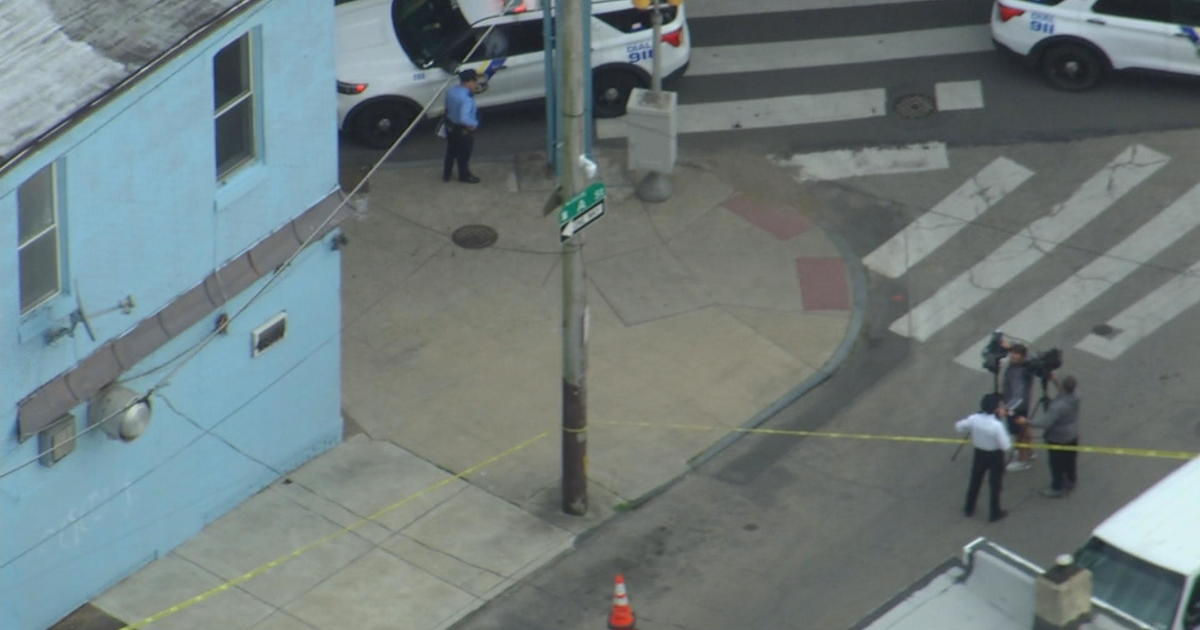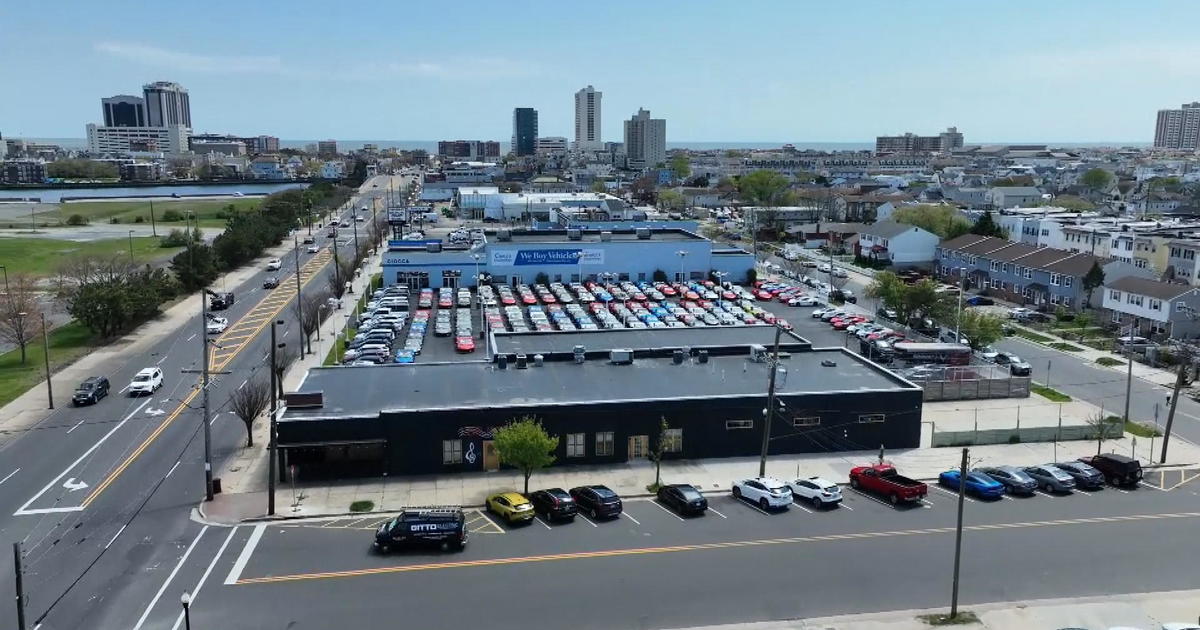Near-Drowning Can Cause Fatal Complications Hours After Event
PHILADELPHIA (CBS) - Pools are open throughout the Delaware Valley and, according to statistics from the Centers for Disease Control and Prevention, drowning is the second leading cause of death for children ages one to 14 years. Even if a child rescued from a pool originally seems to be just fine after the incident, he or she could develop life threatening problems later.
Director of Operations for the Department of Emergency Medicine at St. Christopher's Hospital for Children Dr. Evan Weiner explains the difference between drowning and near drowning, "Drowning is when someone actually dies within 24 hours after having a submergent event. And near drowning is when they survive the first 24 hours."
You can hear Michelle Durham's interview with Dr. Evan Weiner in this CBS Philly 'Specials Place' podcast…
Podcast
Dr. Weiner says children who aspirate fluid from a pool or the ocean into their lungs should be evaluated and watched carefully over the next several hours, even if they immediately don't show signs of trouble.
"It's possible that you can aspirate a small amount of liquid into the lungs that may manifest itself over the first 24 hours or so. And that would give you symptoms of shortness of breath, altered mental status, where the child is really tired. They are using other muscles in their chest to breathe."
Any child with these symptoms should be brought to the ER immediately, as well as those who had to be rescued from a pool or given resuscitative effort. Dr. Weiner says the introduction of chlorinated or salt water into the lungs can lead to their collapse.
Reported by Michelle Durham, KYW Newsradio 1060



